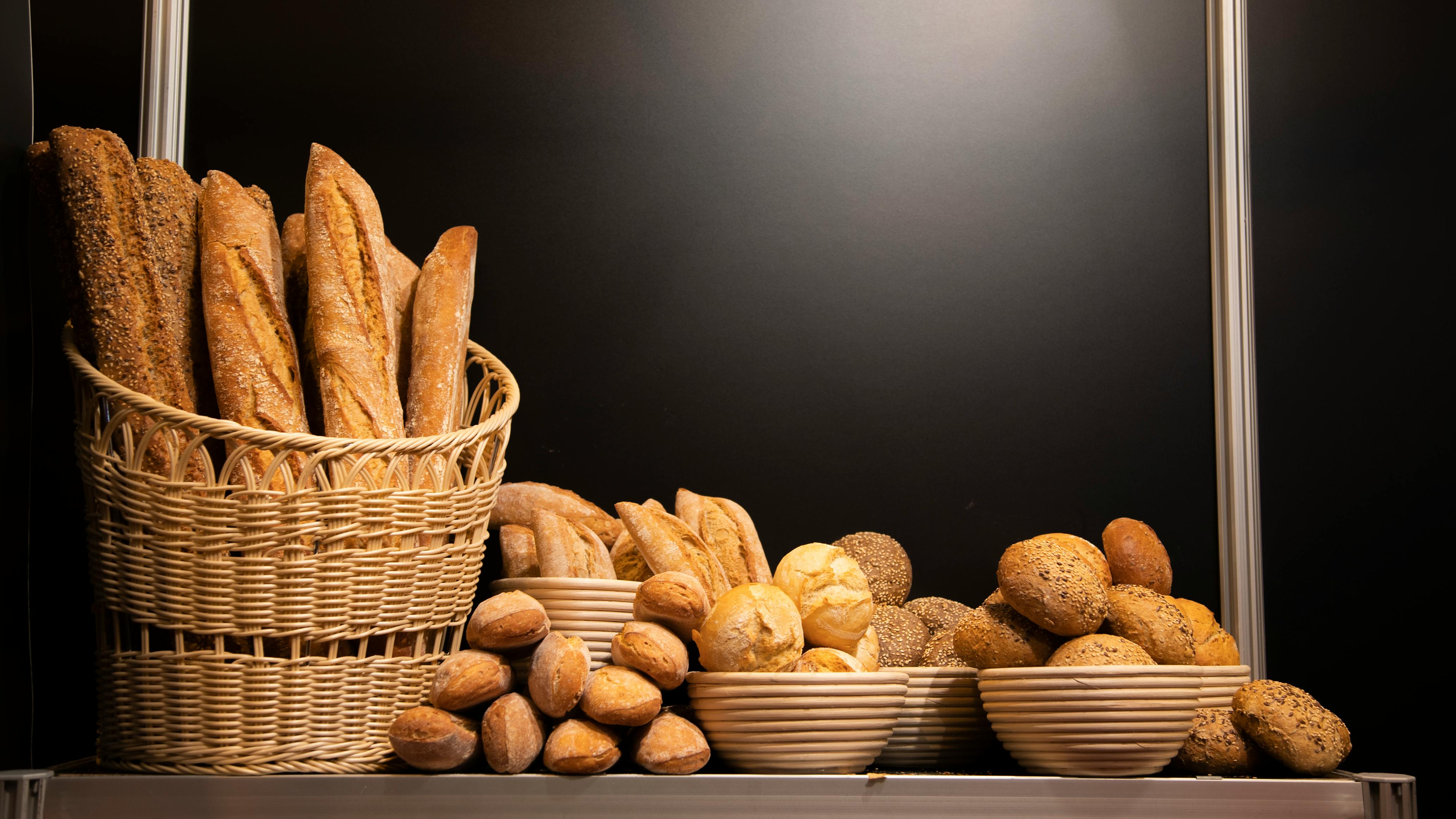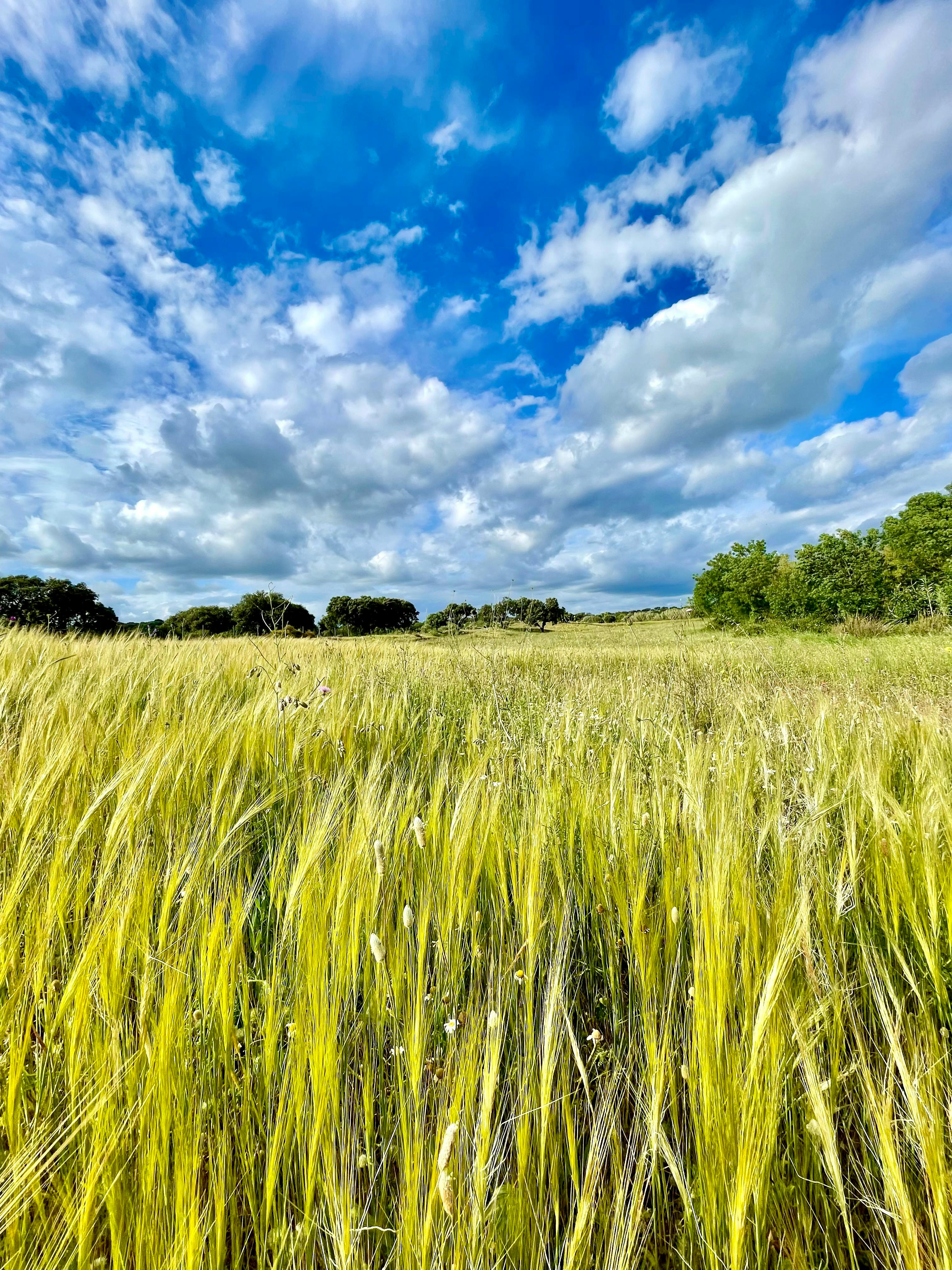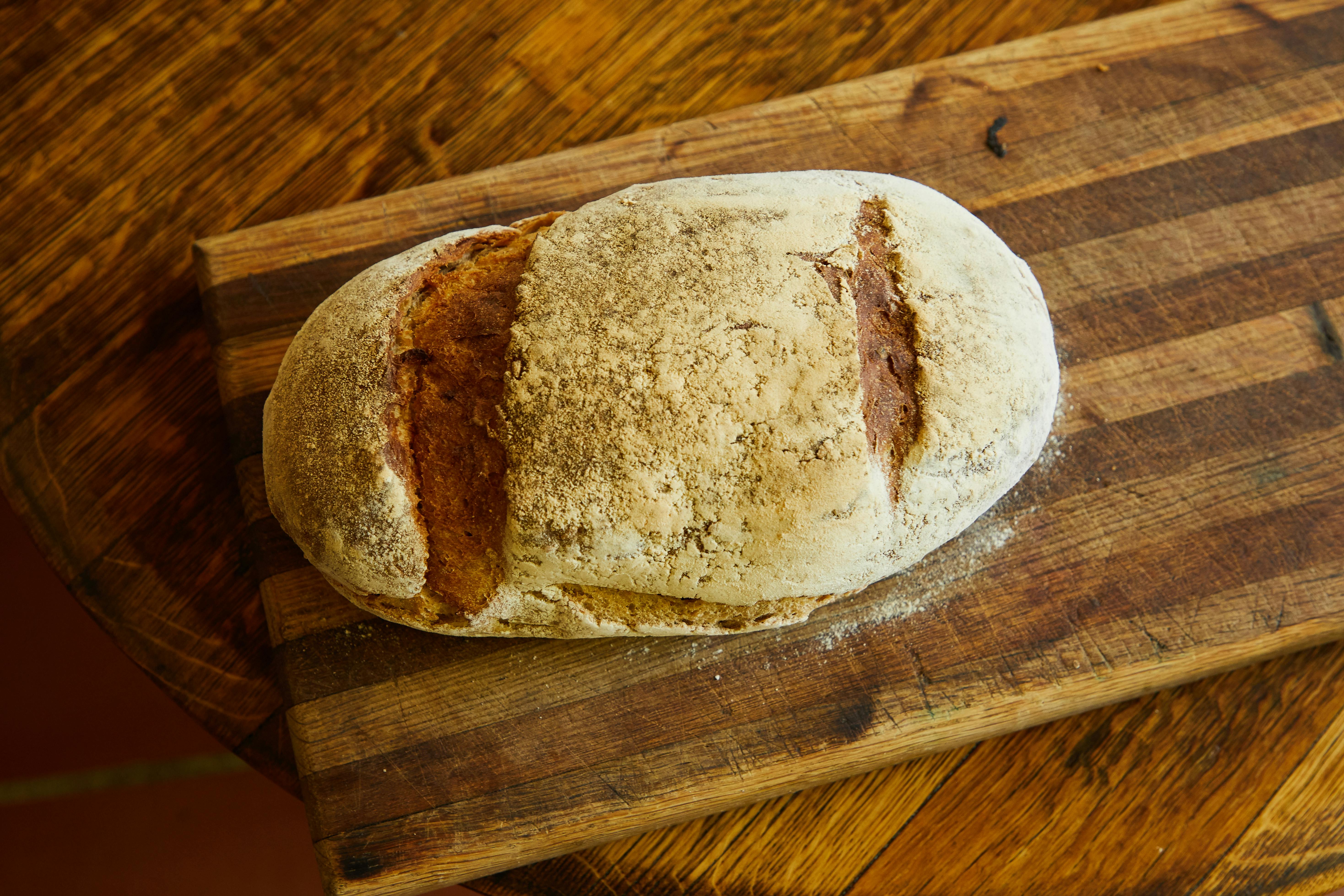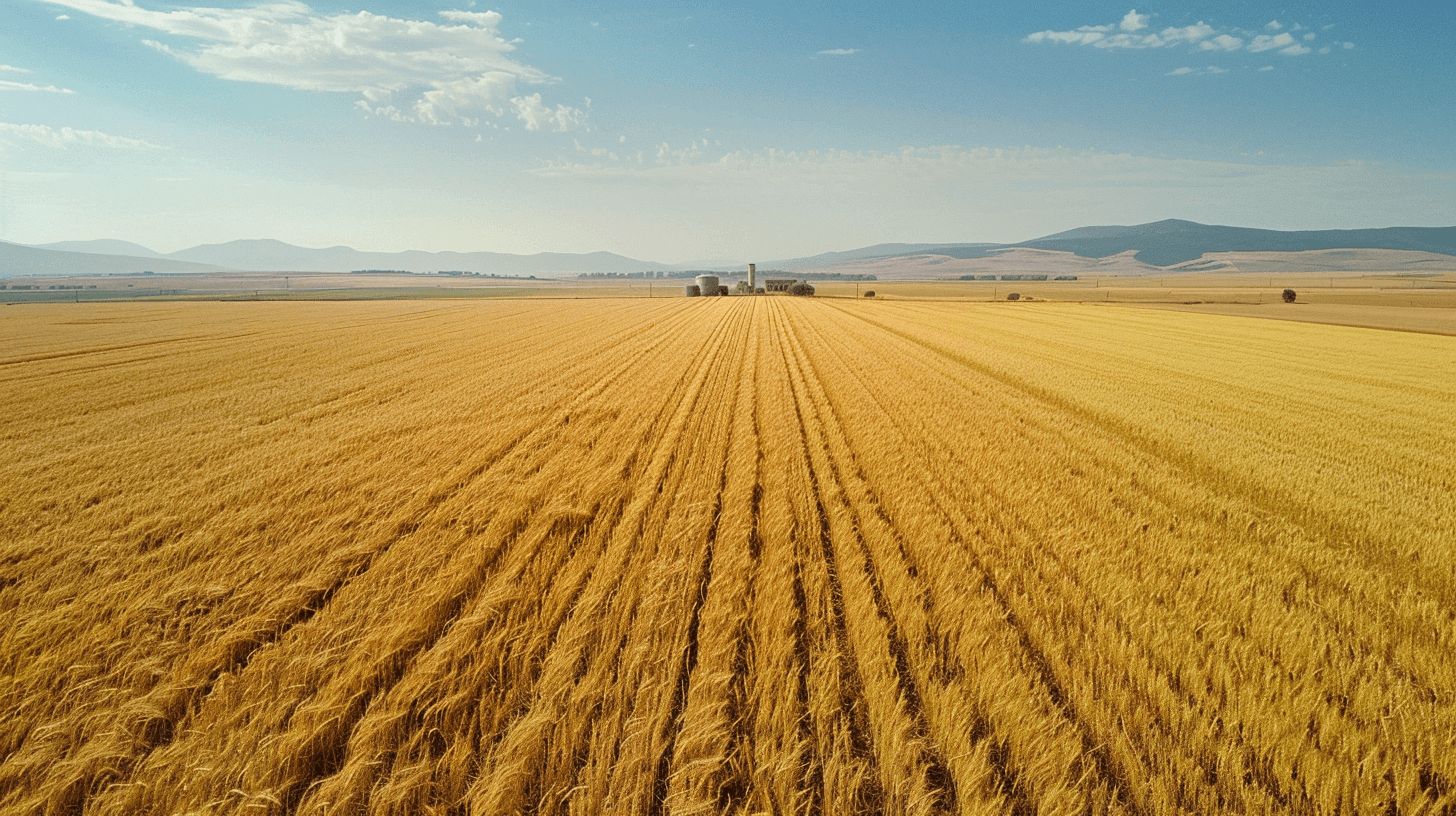
Export
What Flour Do Bakers Use? The Best Flour for Every Recipe
Professional bakers know that using the right flour is crucial to achieving the best results. Depending on the recipe, the texture, protein content, and gluten strength of the flour can make or break the final product. Let’s explore the most common types of flour bakers use and which recipes they're best suited for.

Export
The 5 Most Famous Types of Bread in the World
Bread is a staple food across the globe, with every culture contributing its own unique and beloved varieties. From soft and airy loaves to dense, whole-grain options, each type of bread reflects its region’s culinary traditions. Let’s explore five of the most famous breads worldwide, including those from Turkiye.

Export
Choosing Top Flour Supplier for Biscuit and Cookie Production
In biscuit and cookie production, selecting the right flour supplier is crucial for the success of your business. The quality and consistency of the flour your supplier provides directly impact the texture and taste of your products, while the reliability and adherence to delivery schedules ensure smooth production processes. Pricing is also an important factor; however, focusing solely on cheap options can lead to quality issues. Sustainable and ethical sourcing is essential for fulfilling environmental responsibilities. Technical support and customer service are important for resolving issues quickly. Working with a supplier with a strong reputation and experience in the industry guarantees quality and continuity.

Nutrition
Climate Change & Geopolitical Risks in Global Grain Markets
The global grain markets are under immense pressure due to rising world population and increasing food demand. Climate change and geopolitical tensions further intensify this pressure, jeopardizing food security. The adverse impacts on agricultural production, supply chains, and price fluctuations have serious implications for both developed and developing countries. The combination of extreme weather events triggered by climate change and supply disruptions caused by regional conflicts has led to soaring grain prices. This article addresses these challenges and emphasizes the importance of sustainable farming practices, climate-smart policies, and technological innovations.

Nutrition
Can You Use Whole Wheat Flour Instead of All-Purpose in Pasta?
Yes, whole wheat flour can be used instead of all-purpose flour in pasta making, but there are some important points to consider. Whole wheat flour offers more fiber and nutritional content, making it a healthier option. However, it has a denser texture and a nutty flavor compared to all-purpose flour. These changes may require adjustments to the recipe, such as increasing the amount of liquid to prevent the dough from being too stiff or dry.

Export
Where Can I Buy Bulk Baklava Flour from Turkey?
Baklava, one of Turkey’s most iconic and cherished desserts, requires precision and quality ingredients to achieve its delicate layers and flaky texture. A crucial component in making perfect baklava is the flour used in the dough. But not just any flour will do – for professional baklava makers, it’s essential to use baklava flour, a specially formulated flour designed to give the dough its unique strength and flexibility. If you’re wondering where to source bulk baklava flour from Turkey, you’re in the right place. Let’s explore what makes baklava flour special and why Eflani Flour Mills should be your go-to supplier for this premium ingredient.

Export
Turkey's Flour Production Volume
Turkey's flour industry plays a crucial role in the global market, consistently leading as the world’s top flour exporter. In 2024, Turkey’s flour export volume is projected to reach a record 5.4 million tonnes, maintaining its dominance in the international trade of wheat-based products. The country benefits from a robust infrastructure of modern milling facilities, as well as strategic geographical positioning near major wheat-producing regions like Russia and Ukraine. This proximity, combined with efficient production capacities, allows Turkey to supply significant amounts of flour to markets across the Middle East, Africa, and beyond. The Turkish flour sector is supported by both local wheat production and imported raw materials under the Inward Processing Regime, which helps maintain cost efficiency while boosting export competitiveness. In 2024, wheat production is expected to reach 20 million tonnes, further securing the country’s ability to meet domestic and international demands. With continued investments in milling technology and government support, Turkey remains a key player in global food security, particularly in flour trade.

Export
Flour Quality Insights: Important Traits and Testing Methods
Flour quality is a critical factor that significantly influences the performance of various industries, especially those involved in baking, pastry production, and large-scale food manufacturing. The quality of the flour you use directly impacts the end product, whether it’s bread, cakes, or other baked goods. High-quality flour ensures better texture, taste, and appearance, making it an essential ingredient in producing superior food products. For manufacturers, understanding flour quality and optimizing it based on different applications is key to ensuring consistent results, reducing waste, and maximizing production efficiency. This guide will explore the essential characteristics that define flour quality, the main tests used to evaluate it, and the importance of accurate testing in achieving industrial success.

Production
Understanding Wheat Quality and Its Key Characteristics
Wheat quality is a fundamental aspect that affects its use across various industries, from milling to baking and pasta production. High-quality wheat yields better flour, resulting in superior products like bread, pasta, and pastries. In large-scale agricultural and industrial production, understanding and optimizing wheat quality is crucial for ensuring efficient processing, reducing waste, and producing high-quality end products. This guide delves into the key factors that define wheat quality, the traits to look for, and the importance of different quality assessments.